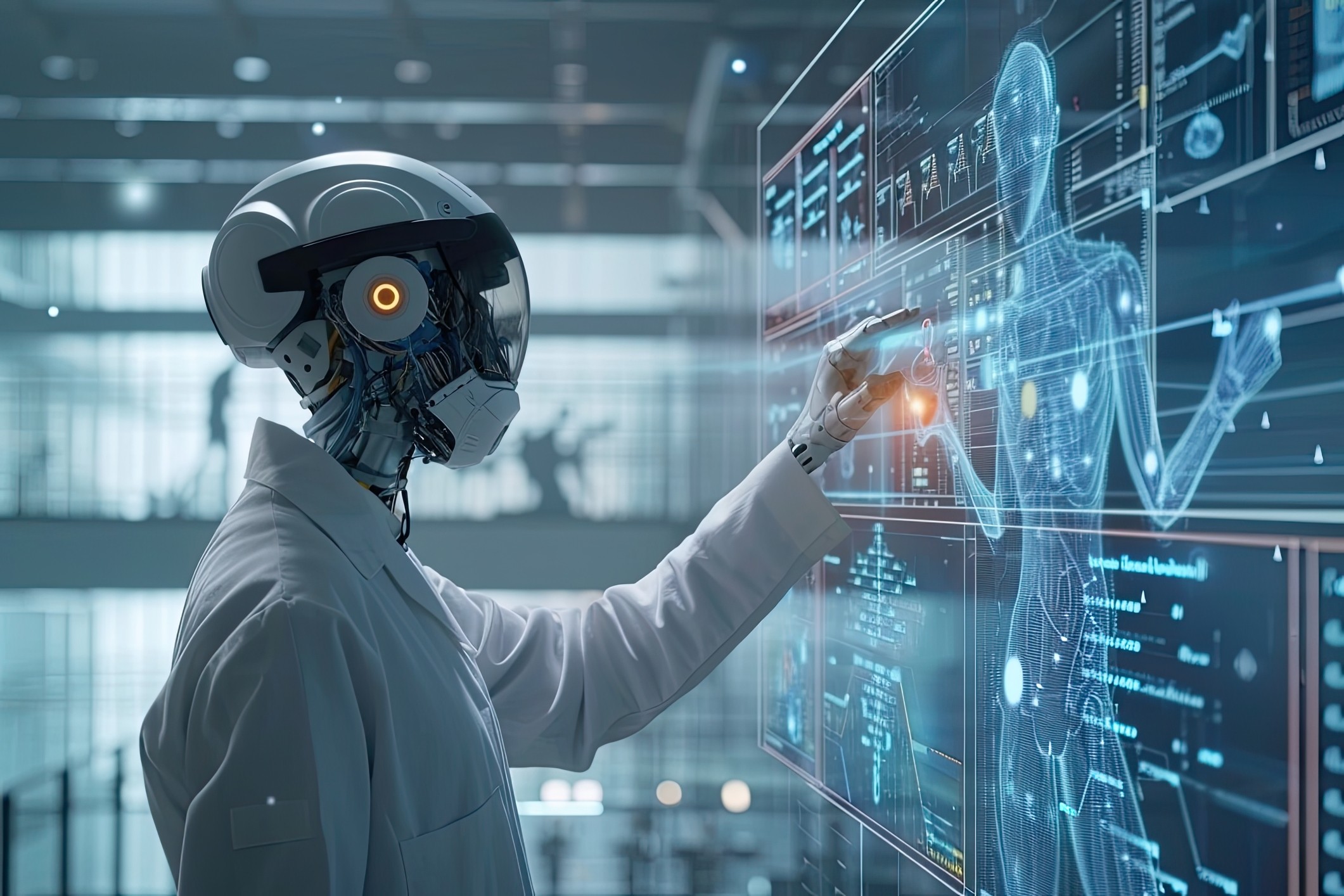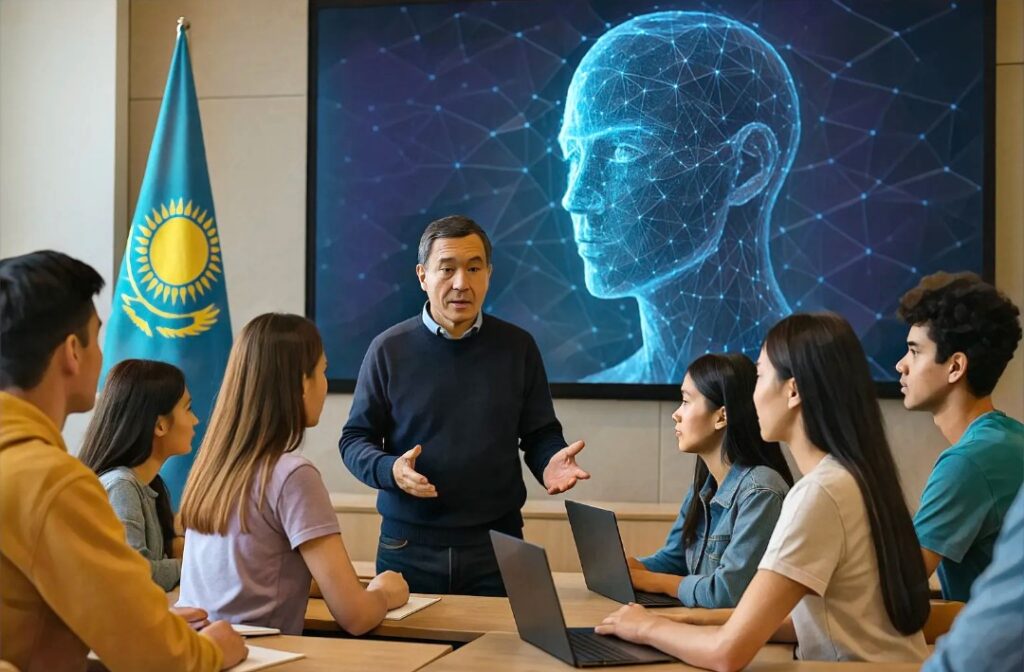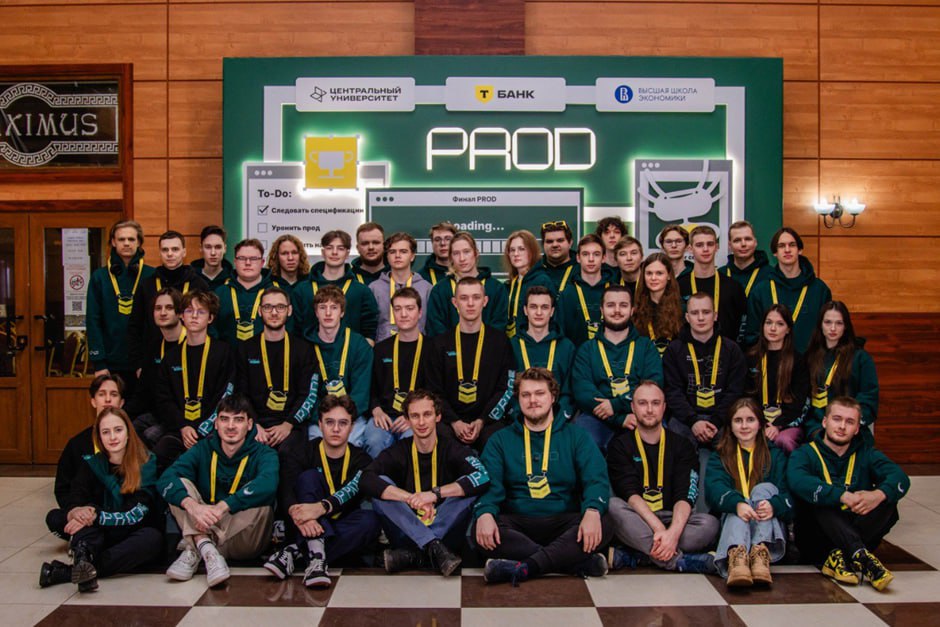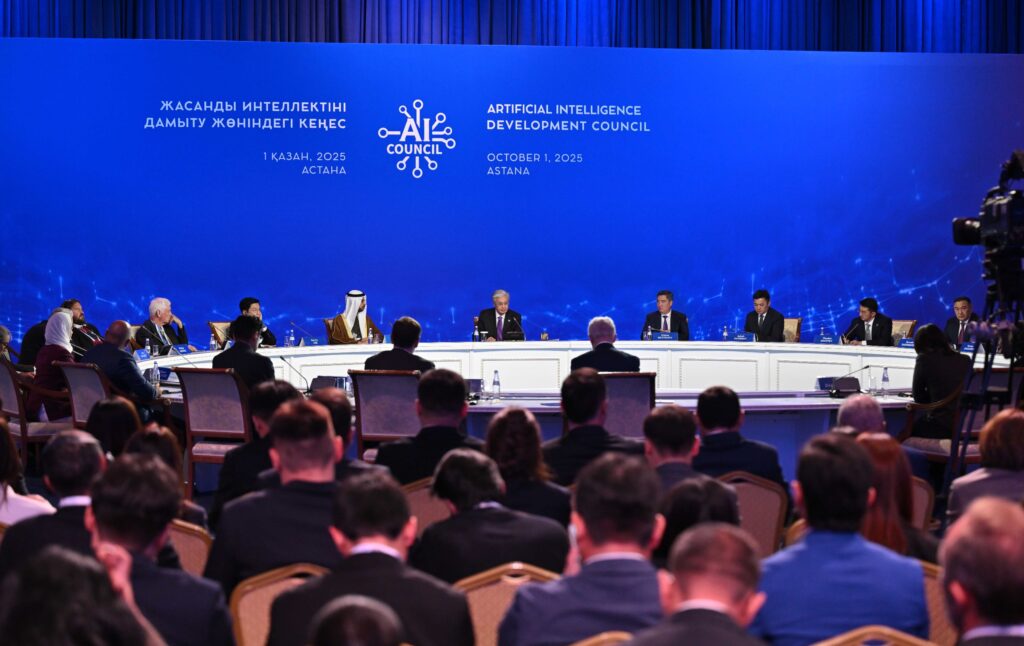Will artificial intelligence be able to replace humans? What professions will disappear in the future, and will mankind face an “aggressive” neural network? Aigerim Abdenbayeva, head of educational programs at the Institute of Smart Systems and Artificial Intelligence (ISSAI) at Nazarbayev University (NU), answers these questions and discusses how AI is developing in Kazakhstan.
TCA: Most people have heard the term “artificial intelligence” in one way or another, but only a small proportion know about the practical possibilities of AI. In your view, what is artificial intelligence?
Artificial intelligence can be characterized as the ability of machines to perform tasks that traditionally require human intelligence. This includes recognizing images, understanding language, making decisions, and solving complex problems. In everyday life, we encounter AI in many different forms, from voice assistants like Siri and Google Assistant to recommendations on streaming platforms like Netflix, which suggests movies based on your preferences.
The term “artificial intelligence” was coined in 1956 by American scientist John McCarthy, who is considered one of the field’s founders. Although the concept of AI was proposed more than half a century ago, its modern form only began to develop in the 1980s, when so-called expert systems emerged. These systems used rules and knowledge bases to solve specific problems, such as disease diagnosis or financial forecasting. Since then, AI has gone through several stages of development.
The 2010s saw a significant breakthrough with the emergence of deep learning and big data technologies. Based on neural networks, deep learning has allowed computers to process and analyze vast amounts of information, dramatically improving their ability to recognize patterns and understand speech. This progress has made AI more accessible to a broader audience and has become an integral part of our daily lives. Several trends in the field of artificial intelligence can be distinguished:
“Narrow AI” is a specialized system for specific tasks. For example, algorithms are used to recognize faces or diagnose diseases. They outperform humans in a narrow domain, but cannot perform functions outside their specialization.
“General AI” involves creating machines that can perform any intellectual task at a level comparable to humans. General AI remains a theoretical concept and has not been achieved in reality.
“Generative AI” is a field that deals with creating new data based on existing data. Examples include generating text, images, and music. Algorithms such as GPT (Generative Pre-trained Transformer) can create text that looks like a human wrote it, and they are already being used extensively in various applications. Generative AI, in particular, has become popular due to its ability to make human life more manageable. For example, platforms like ChatGPT can help with writing articles, creating content for social media, and automating routine tasks, saving users a lot of time and effort.
Other AI applications have already become part of our daily lives. For example, in medicine, AI is used to analyze medical images, which helps doctors in diagnosis and treatment selection. In finance, AI helps analyze market data and predict trends, allowing investors to make more informed decisions. In manufacturing, AI is used to optimize processes, manage supply chains, and improve efficiency.
However, despite all the benefits of artificial intelligence, there are specific challenges and risks. One of the critical issues is the ethics of using AI. How can we ensure that the technology is used in the public interest and not to the detriment of society? How can we avoid biases in algorithms that may lead to discrimination against certain groups of people? These questions require attention and discussion from scientists, policymakers, and the public.
In addition, with the development of AI, the future of employment is also an issue. Automating processes could lead to job losses in some industries, which is a concern for many people. It is essential to realize that while AI can replace some routine tasks, it is also creating new opportunities and occupations that require skills in working with the latest technologies. Thus, artificial intelligence is not just a buzzword, but a powerful tool that is changing our society and daily life. It offers many opportunities to improve the quality of life, increase efficiency, and solve complex problems, but it also requires a responsible approach to its use and development. It is important to continue to research and develop this field, taking into account all aspects and consequences that may arise due to the introduction of AI into various spheres of our lives.
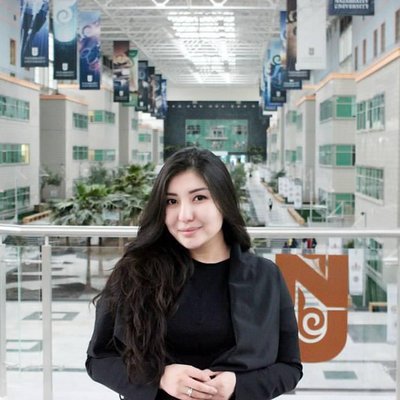
Aigerim Abdenbayeva; image: iitu.edu.kz
TCA: Kazakhstan has adopted the Concept for the Development of Artificial Intelligence. Tell us about the development and prospects of AI in the country.
For the development of artificial intelligence in Kazakhstan, three key aspects should be taken into account:
Funding; the successful implementation of AI requires sufficient funds from both the government and private companies.
Personnel training; a critical stage is the education of specialists and the professional development of existing ones.
Creation of the necessary infrastructure; only a few research centers in Kazakhstan can effectively develop and apply AI. To become a significant player in the region, we need to open more centers where people can download applications and conduct scientific research. For example, one of the most promising projects Nazarbayev University (NU) supported was creating a chatbot in Kazakh. This project has already succeeded and had a significant start in Kazakhstan. AI is being actively implemented in various sectors of the Kazakh economy, including the oil and gas industry, to automate industrial processes.
As I mentioned earlier, funding is an essential factor for the development of AI. Kazakh hubs, such as MOST, Astana Hub, and Terricon Valley invest heavily in startups. They introduce technologies and teach how to run startups, helping them understand what AI is and how to use it. This is especially important for those just starting their journey in this field, including schoolchildren, students, and anyone interested in development.
Building the necessary infrastructure requires the help of large private corporations and the government. We need large data centers to collect and process big data. There is already such a structure in Russia, which develops and teaches how to develop such infrastructures, but the most important thing is the training of specialists. To be competitive, we need high-quality specialists, and for this purpose, it’s necessary to introduce a program for studying AI in universities, starting from the school curriculum.
However, to achieve results, government funding, development, private sector participation, and international cooperation are needed. Developing on your own is one thing, but when you have the opportunity to cooperate with serious partners, it gives a powerful impetus for development.
TCA: Will AI be able to replace humans? What professions could disappear?
When we need information, we can easily find it on Google or other search engines. However, we still turn to professionals for expert opinions based on unique experiences.
Nowadays, replacing humans with artificial intelligence is not so easy. Even if AI is able to create great paintings, it cannot incorporate the soul, time, effort, and love that make these works unique. Humans will always have a place in creativity.
However, artificial intelligence can be helpful for tasks that do not require human thought or intervention. For example, it can write text that won’t be soulful, but will get the job done. Tasks are already being delegated to AI. People will choose whether they’re more interested in doing things manually or using artificial intelligence. AI will be in demand in areas with big data, such as information handling and big computing.
TCA: What are your predictions for the development of AI?
This is a fascinating topic, because we can fantasize and make predictions about the distant future regarding the development of artificial intelligence. AI can dramatically change not only our lives, but also society.
There are a few possible scenarios:
A technological singularity occurs when artificial intelligence reaches a level of development at which it can create and improve itself. This may lead to machines replacing most human occupations and becoming full participants in society’s development. Many people fear this scenario, and it is a genuine fear.
Then there is using AI to solve global problems – AI can be a powerful tool to overcome serious challenges such as climate change, food shortages, and medical epidemics. It will help us tackle these problems more calmly.
There are fantastic scenarios – Science fiction is already developing ideas about embedding chips and other devices in the human body to help improve human abilities. The possibilities of transmitting thoughts and information through computers are also being discussed, which could create a new type of person. All of this is possible if the technology is used correctly.
Finally, we need to think about creating institutions to regulate AI – international standards and institutions will be created to regulate the ethical use of artificial intelligence and be responsible for its safety. All states will be obliged to follow these standards.
